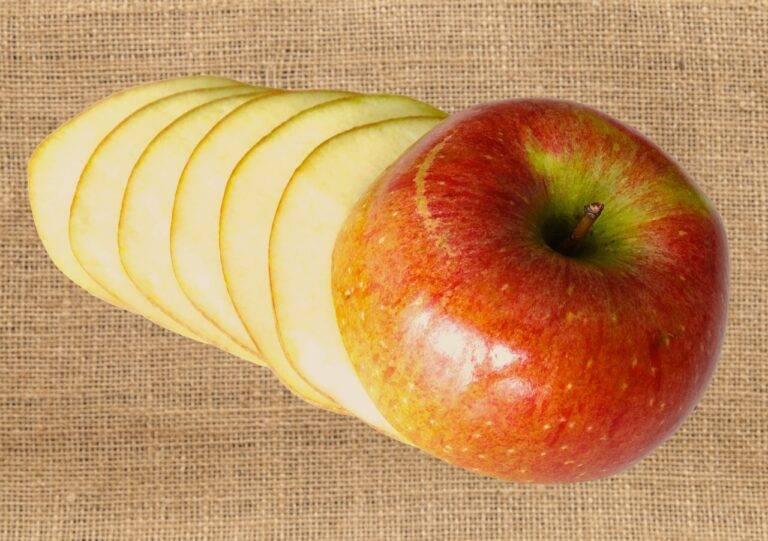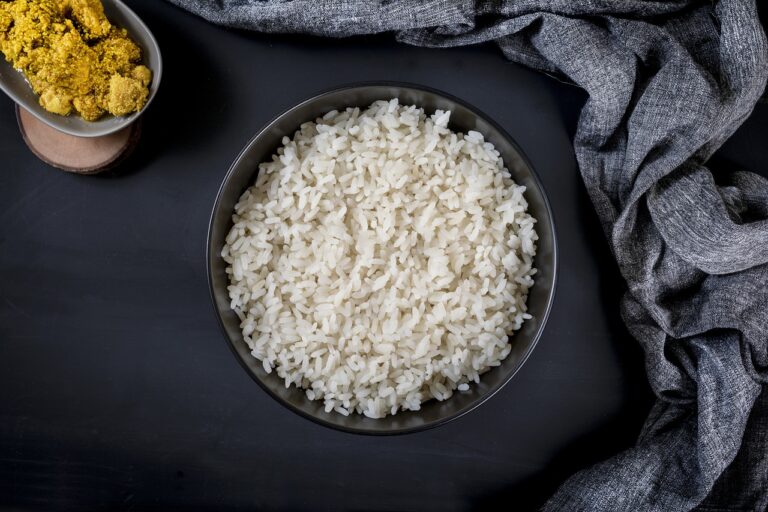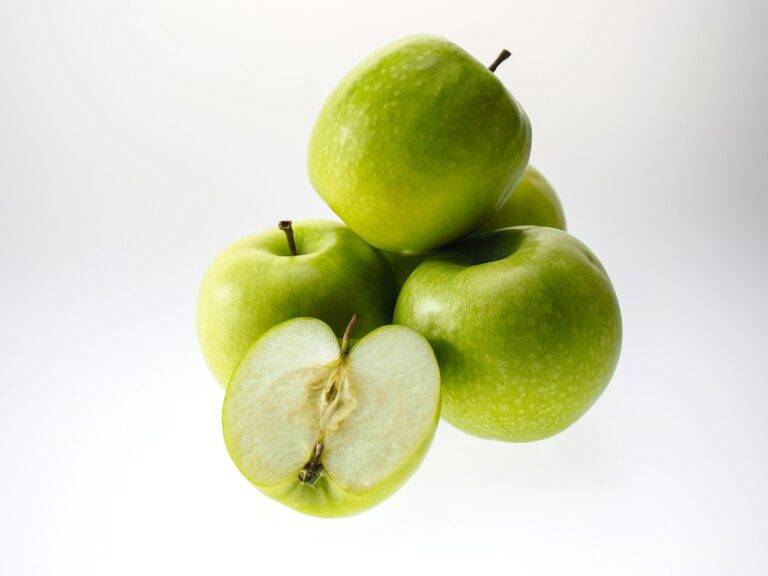Nutrient-Dense Cooking: Maximizing Nutritional Value in Everyday Meals
Nutrient-dense foods are essential for maintaining optimal health and well-being. These foods provide a high level of nutrients relative to their calorie content, ensuring that your body receives the necessary vitamins, minerals, and antioxidants to function properly. By incorporating nutrient-dense foods into your diet, you can support your immune system, improve energy levels, and enhance overall vitality.
Furthermore, focusing on these foods can help prevent nutrient deficiencies and reduce the risk of various chronic diseases. Nutrient-dense options such as fruits, vegetables, whole grains, lean proteins, and healthy fats are excellent sources of essential nutrients that promote good health. By prioritizing the consumption of nutrient-dense foods, you can enhance the nutritional quality of your meals and optimize your overall health and well-being.
Understanding the Importance of Vitamins and Minerals in Cooking
Cooking with a variety of vitamins and minerals is key for maintaining optimal health and well-being. These essential nutrients play crucial roles in supporting our bodily functions and metabolic processes. For instance, vitamin C is known for its immune-boosting properties, while minerals like iron are vital for oxygen transportation in the bloodstream.
Ensuring that your meals are rich in a diverse range of vitamins and minerals can help prevent deficiencies and promote overall health. By incorporating colorful fruits and vegetables, lean proteins, whole grains, and dairy into your cooking, you can easily elevate the nutritional value of your dishes. Experimenting with different ingredients not only adds flavor and texture to your meals but also enhances their nutrient profile, making each bite a wholesome and nourishing experience.
• Including a variety of vitamins and minerals in your meals is essential for optimal health
• Vitamin C boosts the immune system, while iron aids in oxygen transportation
• Prevent deficiencies and promote overall health by incorporating diverse nutrients into your cooking
• Colorful fruits and vegetables, lean proteins, whole grains, and dairy are great sources of essential nutrients
• Experimenting with different ingredients can enhance the nutritional value of your dishes
Tips for Selecting the Best Ingredients for Maximum Nutrition
When selecting ingredients for maximum nutrition, aim to choose whole, minimally processed foods. Opt for fresh fruits and vegetables, lean proteins, whole grains, and healthy fats. Look for items that are rich in vitamins, minerals, antioxidants, and fiber to support overall health and well-being.
It is also beneficial to consider the color of your ingredients when planning meals. Vibrantly colored fruits and vegetables often indicate a high concentration of nutrients. Incorporating a variety of colors into your diet can help ensure you are receiving a diverse range of essential vitamins and minerals.
Why is it important to focus on nutrient-dense foods?
Nutrient-dense foods provide a high amount of vitamins, minerals, and other essential nutrients relative to their calorie content. This means you can get more nutrition with fewer calories, helping you maintain a healthy diet and support your overall well-being.
How can vitamins and minerals impact cooking?
Vitamins and minerals play a crucial role in cooking, as they contribute to the flavor, color, and overall nutritional value of your meals. Including a variety of vitamins and minerals in your cooking can help you create delicious and nutritious dishes.
What are some tips for selecting the best ingredients for maximum nutrition?
Some tips for selecting the best ingredients for maximum nutrition include choosing fresh and seasonal produce, opting for whole grains over refined grains, incorporating lean proteins like fish or poultry, and avoiding processed foods high in added sugars and unhealthy fats. Additionally, reading food labels and choosing products with minimal additives can help you make healthier choices.







